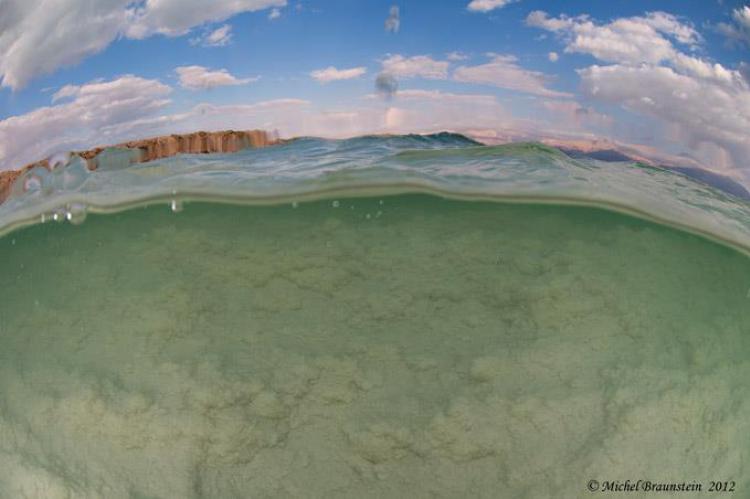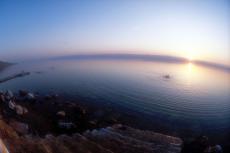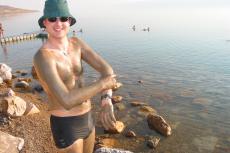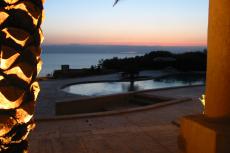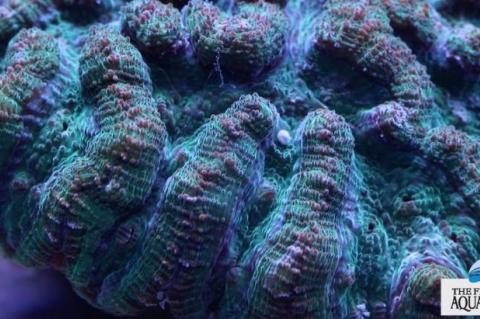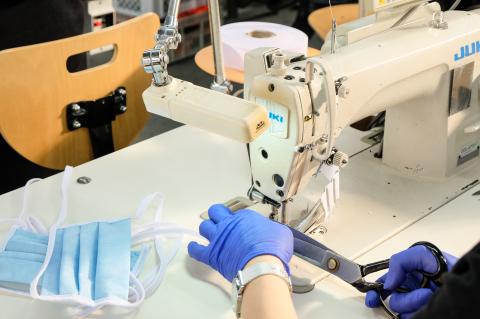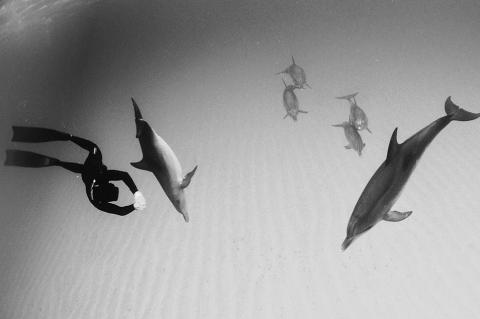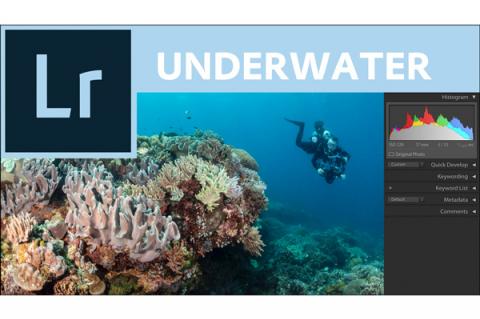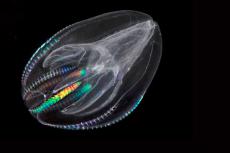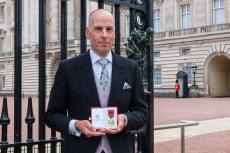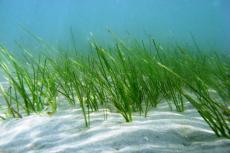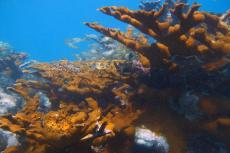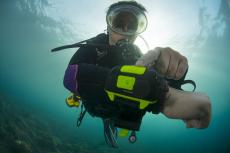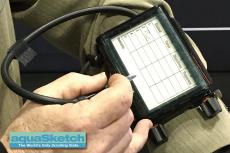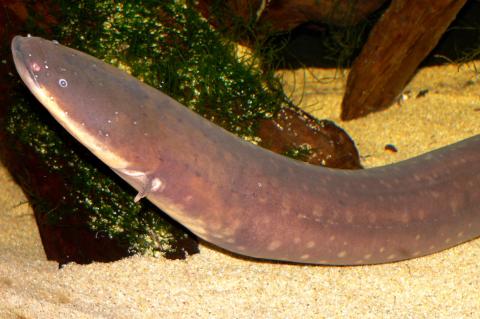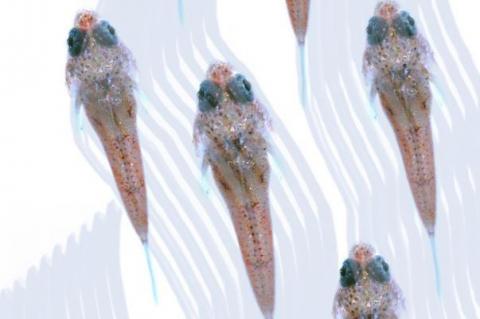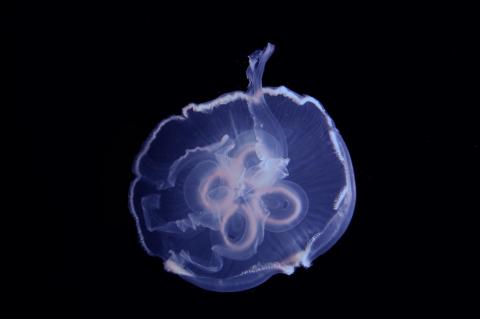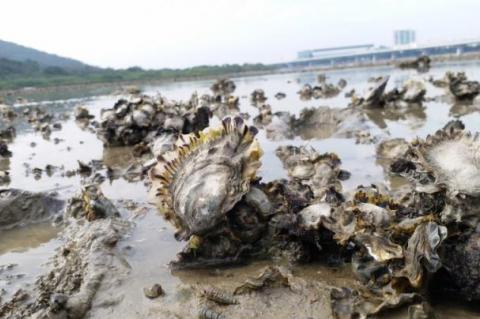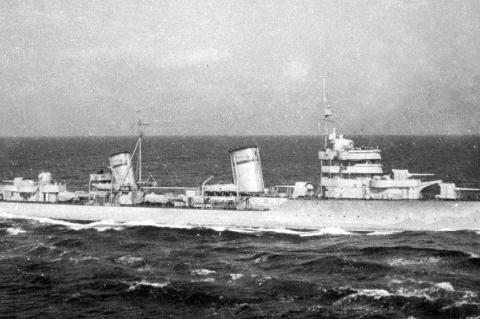Jordan and Israel reach agreement on restoring Dead Sea
A desalination plant will be built in the southern Jordanian port of Aqaba on the Red Sea and will provide water to both Israelis and Palestinians. The brine that is a byproduct of the process will be sent north through a pipeline to the Dead Sea.
The Dead Sea seawater has a density of 1,240 kg/m3, which makes swimming similar to floating.
The Dead Sea has attracted visitors from around the Mediterranean basin for thousands of years. In the Bible, it is a place of refuge for King David. It was one of the world's first health resorts (for Herod the Great), and it has been the supplier of a wide variety of products, from balms for Egyptian mummification to potash for fertilizers. People also use the salt and the minerals from the Dead Sea to create cosmetics and herbal sachets.
The Dead Sea has been found to be receding at a rate of more than 3.3 feet (1 meter) every year.
The idea of linking the two bodies of water has been around for more than a century. The project began to move ahead two years ago after the World Bank determined it is possible to use the Red Sea to replenish the shrinking Dead Sea after years of studying whether such a connecting lifeline could work.
The desalination plant will produce at least 80 million cubic meters annually. Israel will buy at cost up to 40 million cubic meters. The rest will go to Aqaba.
Jordan's water minister, Hazem al Nasser, said the pipeline will pump 300 million cubic meters annually of Red Sea water to the Dead Sea. As much as 2 billion cubic meters are envisioned in a future expansion.


